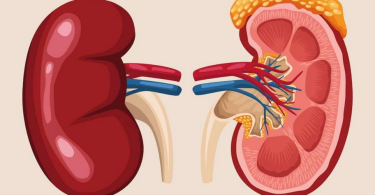Eating expired foods doesn’t always lead to illness, but it can sometimes cause issues. Here’s what might happen depending on the type of food and how long it’s been expired:
- Mild Digestive Discomfort: If the food is only slightly expired (by a few days), and you don’t notice an off taste or smell, you might not feel anything at all, or at worst, experience mild bloating, gas, or stomach cramps as your body digests it.
- Food Poisoning: If the food has gone bad, it could contain harmful bacteria like Salmonella, E. coli, or Listeria. These can lead to food poisoning, with symptoms like nausea, vomiting, diarrhea, and abdominal pain, typically within hours to a day after consumption……..CONTINUE READING
- Loss of Nutritional Value: Expired food, even if it’s safe, often loses nutritional value. For example, vitamins in expired products like milk, juice, or cereal may degrade over time, meaning you may not get the intended health benefits.
- Exposure to Mold and Spoiled Ingredients: Certain expired foods, like bread, dairy, or fruits, may grow mold or other microorganisms. Mold can lead to respiratory issues or allergic reactions, especially if someone is sensitive to it.
- Chemical Changes in Canned and Packaged Goods: Canned foods can last a long time, but if they’re far past the expiration date, the contents can develop a metallic taste or spoil, especially if the can shows signs of rust, swelling, or dents. Processed foods may also contain preservatives that degrade over time, changing their safety profile.
- Nothing at All: In some cases, eating expired food might have no noticeable effect, especially if it’s dry or shelf-stable (like pasta or crackers) and has been stored in a cool, dry place. Many expiration dates are about peak quality rather than safety.
To avoid any potential issues, it’s best to follow these guidelines:
- Smell and Inspect: If something smells or looks off, it’s best not to risk it.
- Trust “Best By” vs. “Use By” Dates: “Best by” dates often indicate peak quality rather than safety, while “use by” dates should be taken more seriously, especially for perishables.
- When in Doubt, Throw It Out: If you’re unsure about something expired, it’s safer to discard it.











